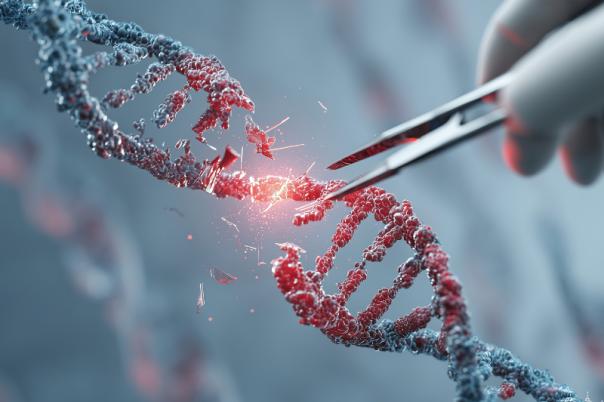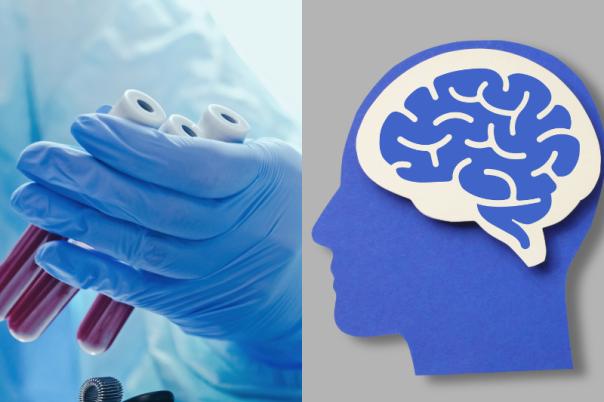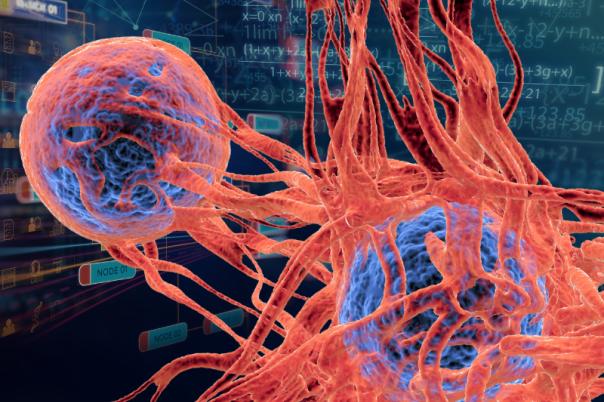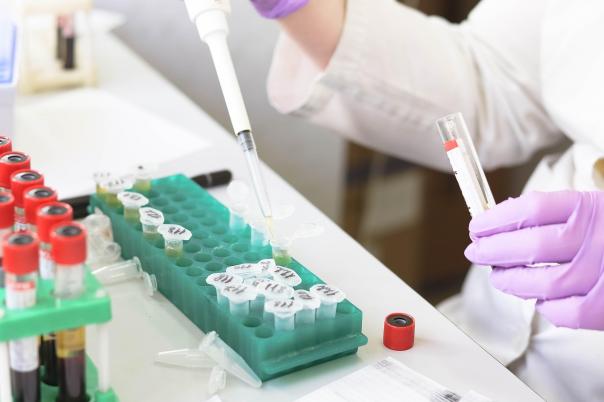David Snead, Professor & Consultant Pathologist, UHCW NHS Trust Coventry and Director of PathLAKE explored the evolving landscape of cellular pathology, focusing on the integration of large language models (LLMs) and generative AI into clinical practice. He began by reflecting on the journey of digitising pathology in the UK, particularly in Coventry, where digital reporting has been routine for over a decade. This shift from traditional microscopy to digital workstations has improved efficiency and enabled deeper analysis of image data, opening new avenues for research and patient care.
Snead introduced the PathLAKE consortium, a government-funded initiative that created a vast, curated data lake of whole slide images, facilitating research and the development of AI algorithms. One significant project involved designing an AI tool to automatically report normal large bowel biopsies, which constitute a substantial portion of the pathology workload. By automating the reporting of normal cases, pathologists can focus on abnormal findings, thus streamlining workflows and accelerating patient communication.
The presentation touched on the technical and regulatory challenges of developing and validating AI algorithms within the NHS. Snead described the complexities of conducting multi-site clinical studies, the lengthy process of gaining approvals, and the importance of robust data curation. He then discussed the broader applications of generative AI in pathology, such as generating synthetic data for rare cancer types, automating the annotation of histopathology slides, and extracting structured information from free-text pathology reports.
These tools have proven invaluable in reducing the annotation burden on pathologists and enabling large-scale research, but Snead exercised caution about the risks of algorithmic hallucination, where AI generates plausible but incorrect outputs. He stresses the need for trust, explainability, and rigorous oversight, especially as patients increasingly interact with AI-generated reports.
Beagle, an AI agent developed for toxicological pathology, which exemplifies the potential of agent-based AI systems. Beagle efficiently mines fragmented data from diverse sources, including public databases, institutional archives, and regulatory bodies, to support decision-making and reporting in toxicological studies. This tool accelerates data analysis and offers audit trails and deeper insights, addressing the challenges of data fragmentation and consistency across laboratories. Snead acknowledged the practical barriers to widespread digitisation, such as the cost and complexity of digital infrastructure, but notes that even simple digital tools can enable pathologists to benefit from AI advancements.
Snead remained optimistic about the future role of generative AI in pathology, emphasising its potential to enhance diagnostic accuracy, speed up workflows, and reduce manual burdens. However, he warns of the dangers of automation bias, where clinicians may become overly reliant on AI tools, potentially diminishing their own vigilance and expertise. He calls for a balanced approach that leverages the strengths of AI while maintaining human oversight, robust validation, and a clear understanding of the technology’s limitations. The presentation closes with a reminder that while AI offers significant opportunities, its successful integration into pathology depends on careful management of trust, regulation, and the human factors that underpin clinical practice.





